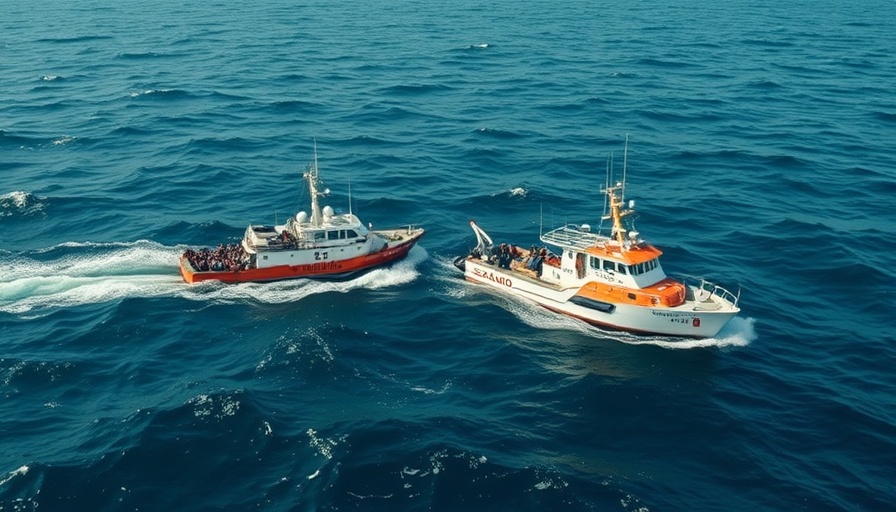
A New Era of Hurricane Preparedness in Florida
As Florida prepares to face another hurricane season, measures are being taken to enhance community resilience in the wake of natural disasters. The Florida House is advancing a pivotal bill, HB 1535, aimed at bolstering hurricane preparedness and response strategies. This legislation, which is now making its way through the state legislature, focuses on ensuring local governments are better equipped to handle the aftermath of storms.
The bill, championed by Rep. Fiona McFarland, seeks to clarify local government responsibilities regarding construction regulations, debris management, and emergency response protocols. McFarland emphasized the importance of gathering input to refine the bill further before it reaches the full House, aiming for a collaborative effort to merge ideas from both the House and Senate versions.
Why Local Preparedness Matters
Effective local preparedness is crucial for minimizing damage during hurricanes. Sen. Nick DiCeglie, who sponsors the Senate’s parallel legislation, SB 180, reiterated this sentiment. DiCeglie’s bill prioritizes advance planning for debris management, ensuring that communities have the necessary infrastructure to respond to disasters efficiently. Annual pre-arrangements for debris management sites would not only streamline cleanup efforts but also foster community collaboration.
Building a Foundation for Improved Response
These legislative initiatives highlight a growing recognition of the need for local government accountability and preparation. By mandating annual disaster management plans, Florida aims to cultivate a culture of readiness among its residents and local entities. As emphasized by DiCeglie, preparation is not only about having essential supplies on hand but also about empowering local governments to act promptly when disasters strike.
Community Engagement and Safety
This bill is not just about regulations; it invites the community to engage in the preparedness process. Local governments will have to communicate clearly with residents about what they can do to contribute to their own safety. As hurricane season approaches, ensuring every citizen understands their role in preparedness will be invaluable.
Your Voice Matters
As Floridians, staying informed about legislative changes is essential for safety. Local engagement in these discussions can influence how communities prepare, respond, and recover from the harsh realities of hurricanes. This forthcoming legislation presents an opportunity for all to participate in building a safer, resilient Florida.
 Add Row
Add Row  Add
Add 



Write A Comment